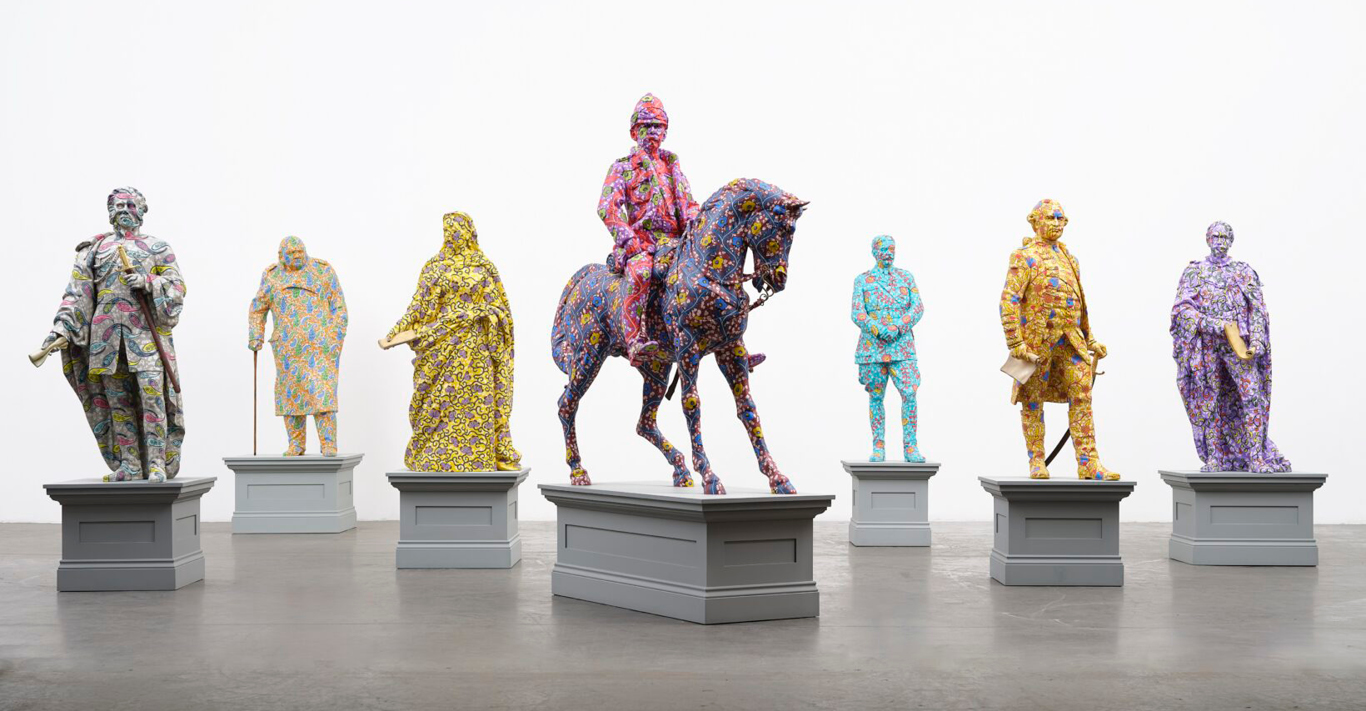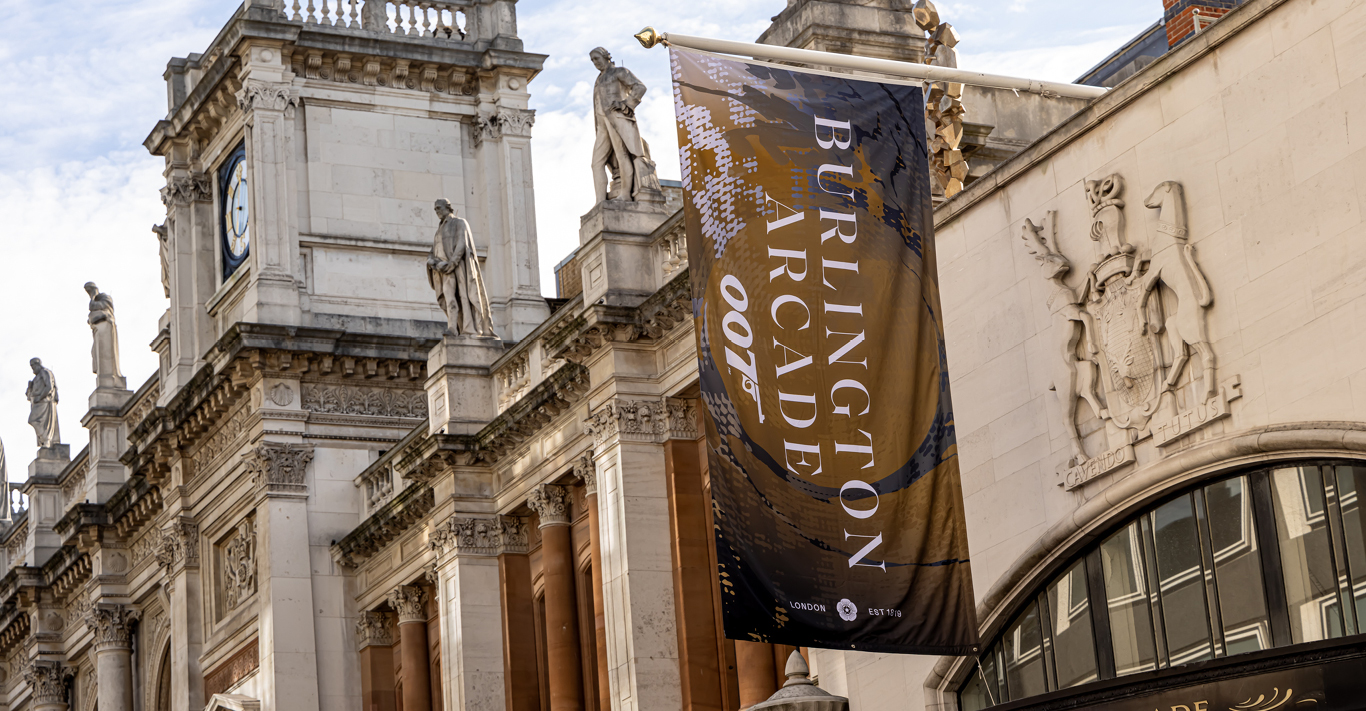WORDS
Jago Henderson
Dutch wax fabric has a geographically complex history. Originating from Indonesian and Javanese batik fabric traditions, it was introduced to West and Central Africa via British and Dutch merchants during the 19th century. In the 1960s, it was a predominant material for head wraps within the African American community, serving as a powerful symbol of pan-African identification and belonging. This history makes it a fitting material for an artist who describes himself as a ‘postcolonial hybrid’.
Raised between London and Lagos, Shonibare recalls listening to the music of Fela Kuti, James Brown, Sugar Hill Gang and King Sunny Ade, as well as reading Shakespeare, Charles Dickens, Wole Soyinka and Chinua Achebe in school. With his formative cultural reference points traversing national borders, Shonibare does not consider himself to be tied to or expressive of one singular cultural identity – similar to Dutch wax fabric with its dynamic history of appropriation and reappropriation. In a climate in which artists of the African diaspora are frequently restricted to being seen as representative of one singular cultural personhood, Shonibare proposes a more complex, and ultimately more human, understanding of identity in Suspended States.
Whether on the bindings of books or plastered over a sculpture of Winston Churchill in Decolonised Structures, Dutch wax fabric patterns appear around every corner at Serpentine South Gallery. Its employment in Sanctuary City, one of two of Shonibare’s new major installations at the exhibition, is particularly poignant. In a dimly lit room, miniature models of notable buildings and sites of pilgrimage, from Notre-Dame in Paris to the Temple of Hephaestus in Athens, appear painted black and illuminated from within. Revealed through the buildings’ windows and doors, the brightly patterned fabric can be seen lining the inside surfaces. Shonibare selected buildings for the installation that have been considered places of refuge for persecuted and vulnerable groups across the globe throughout history, describing shelter as ‘one of the most pressing political concerns right now’.
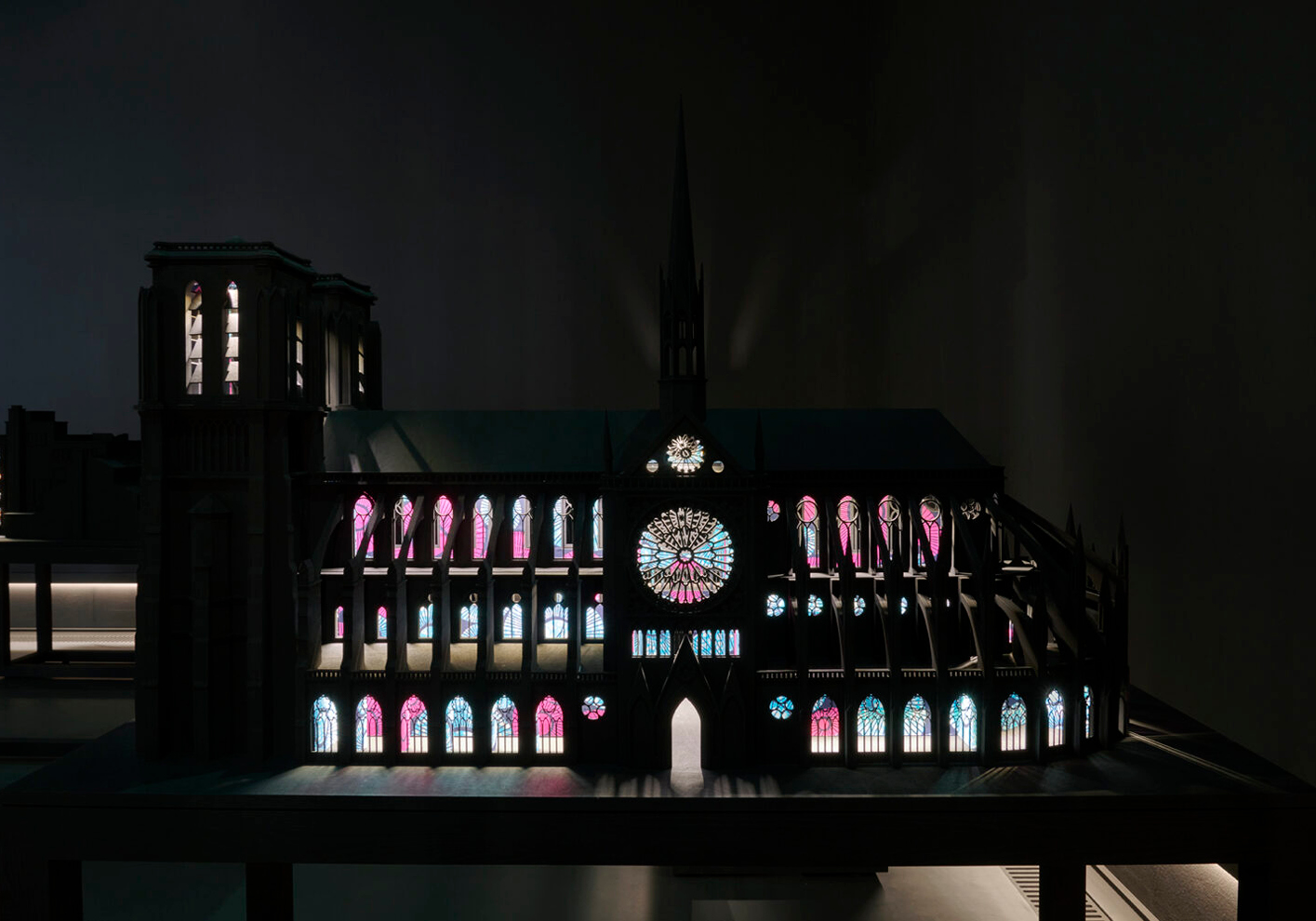
A sense of the forgotten or overlooked is also implied in the second major installation at Serpentine South Gallery, The War Library, which features over 5,000 books with names of conflicts and peace treaties written on their colourful fabric-bound spines. The work offers a poignant commentary on the way history, war and suffering are understood and represented in our current age – and their limitations: many of the books are left unnamed, and we are compelled to confront the acts of violence that have been forgotten or intentionally undocumented by their perpetrators.
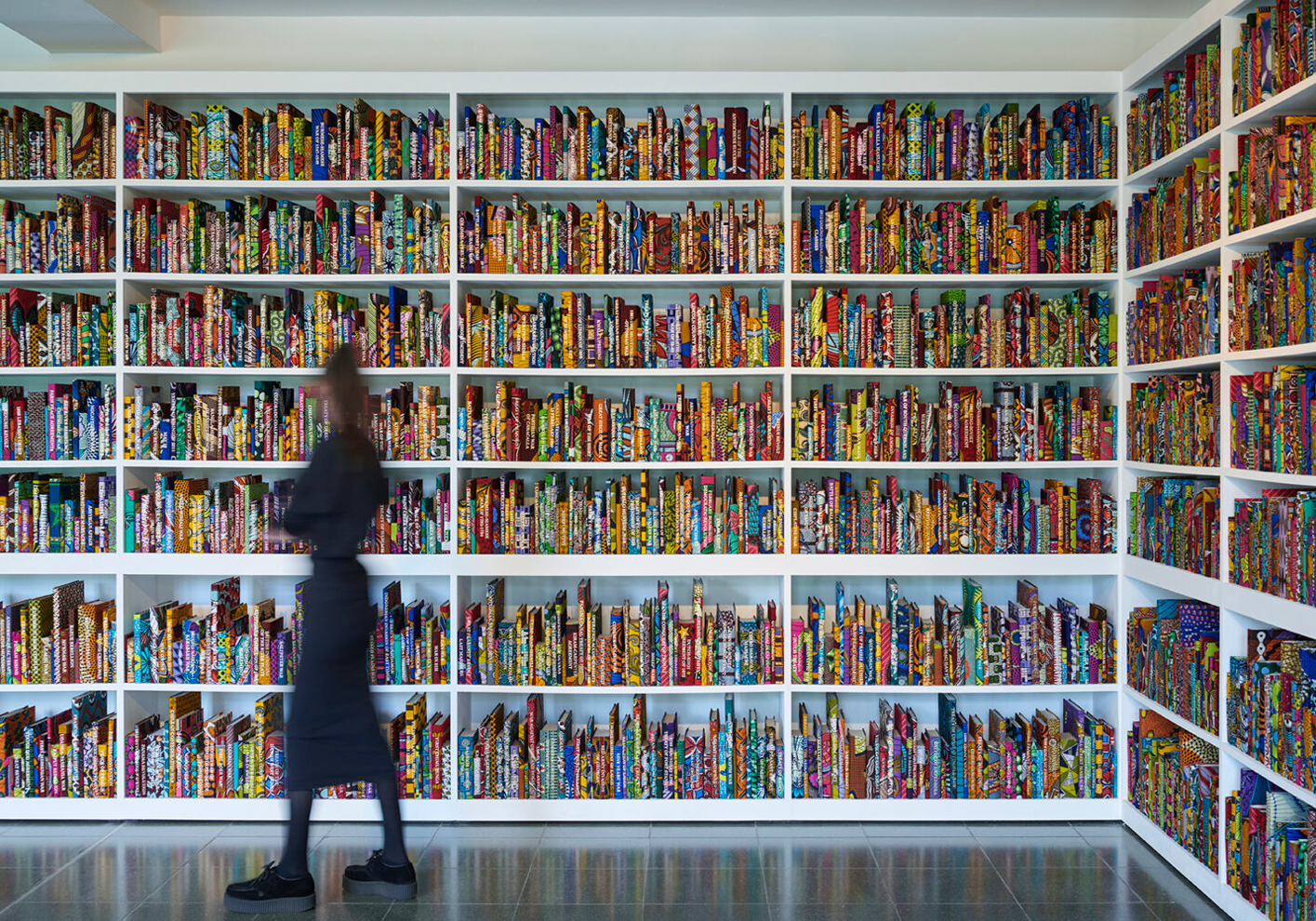
Perhaps Shonibare’s practice is most effectively represented in Wind Sculpture in Bronze IV, which greets you as you enter the exhibition. The sculpture seems to defy gravity, twisting around itself as if it’s about to be taken by the wind. Shonibare explains: ‘I realised the significance of wind for the diaspora and the enslavement of people,’ suggesting that the sculpture is a reference to the sails of boats that transported enslaved people across the Middle Passage, from Africa to the Caribbean. At the same time, the work’s sense of impermanence and perpetual motion acts as a celebration of Shonibare’s own sense of cultural selfhood, unbound, defying borders and traditional boundaries.
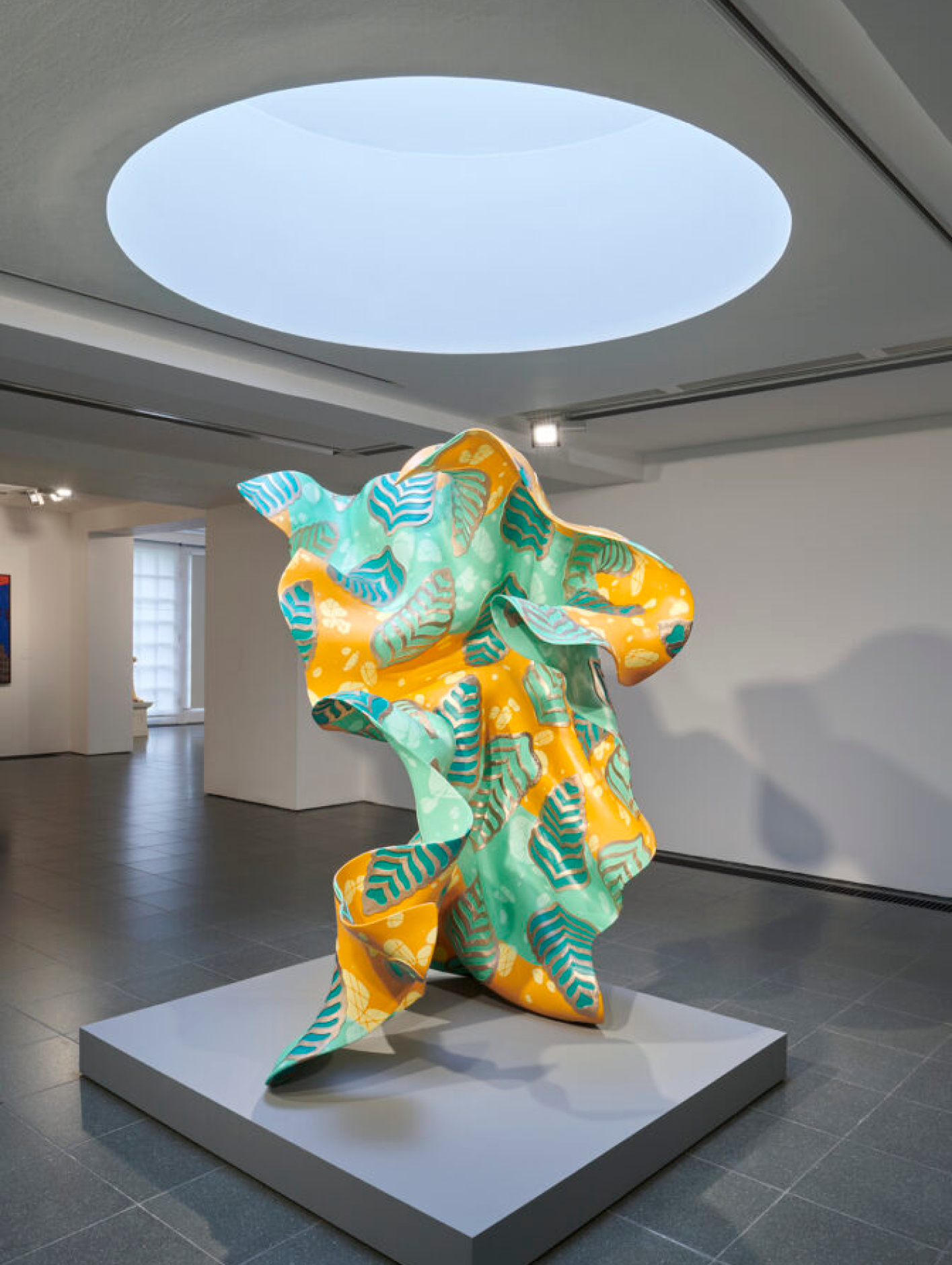
Shonibare’s metaphorical and often paradoxical work is paired effectively with a room dedicated to his social practice, which he considers to be as important as his visual art. In 2008, Shonibare founded Guest Projects in East London, an artist’s studio and experimental space for the local arts community, which became a lifeline for emerging talent during the financial crisis. Following Guest Project’s successes, four years later he launched an equivalent space in Lagos, Guest Artist Space or GAS. Both environments offer a form of refuge for creativity and collaboration to flourish, echoing the sites of shelter represented in Sanctuary City. While Shonibare’s artworks ask questions, his Guest Projects and GAS seem to propose an answer, grounding his work in community outreach and connection.
Yinka Shonibare CBE: Suspended States runs until 1 September 2024 at Serpentine South Gallery; serpentinegalleries.org


